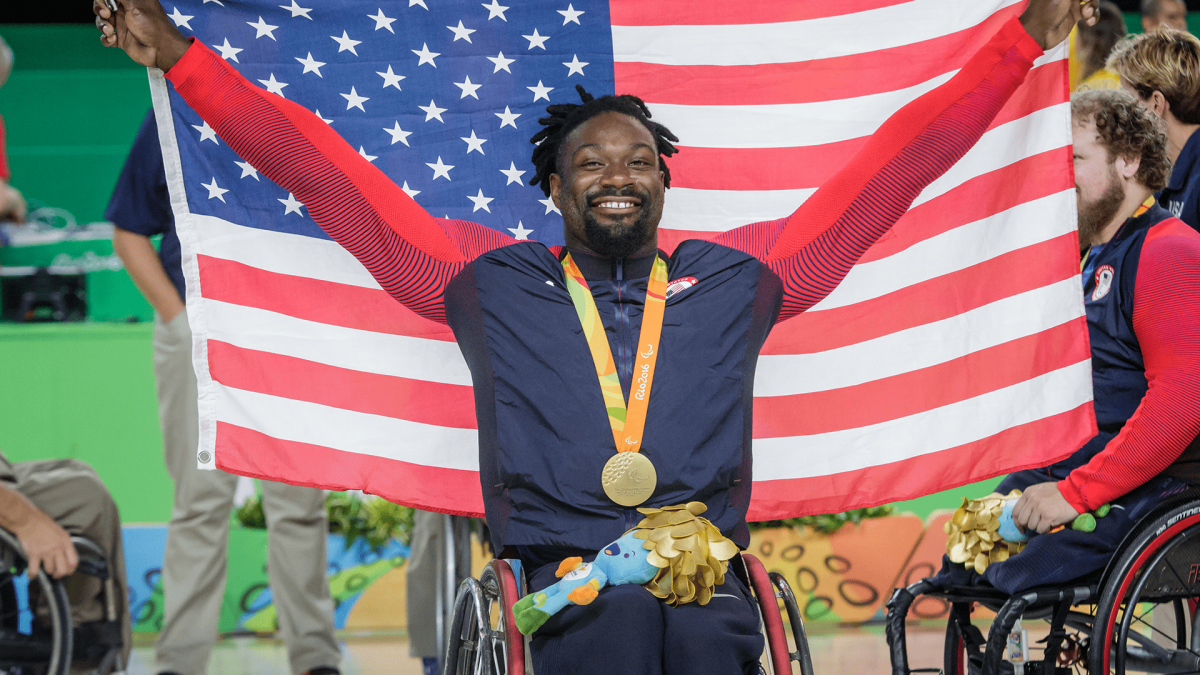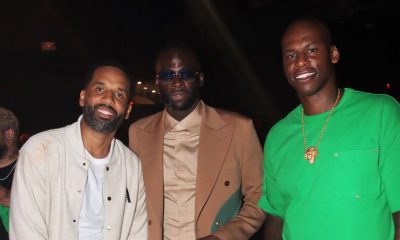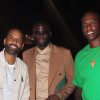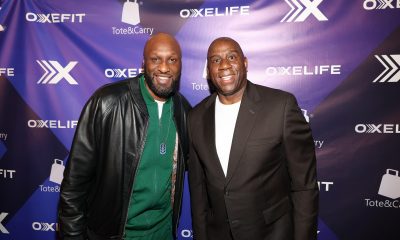HN Sports
Paralympian Launches Organization to Help Disabled Individuals Compete in Sports and Life
“Through those five games where I represented Team USA, I noticed that there were gaps in resources for people with physical disabilities that I aspire to close.” Scott said in an interview in Human Nature.”
There’s a whole world of difference, he said, in the way sports wheelchairs are designed opposed to standard wheelchairs. “They’re completely different,” he said. “The wheels are different. They’re different sizes. They’re constructed differently.’
Sports wheelchairs can also be expensive, costing thousands of dollars. In fact, a disabled person pays about 15 percent more to compete in an adaptive sport than abled-bodied individuals pay to compete in sports.
Hoping to make a difference in the lives of other disabled athletes, Scott launched Fly Without Limits, a global social impact foundation “committed to creating meaningful opportunities for individuals with disabilities.” The organization focuses on recreation, employment, accessible housing, adaptive sport competition and social interaction.
In addition to donating sports wheelchairs to disabled athletes, the organization also hopes to provide scholarships for disabled individuals student athletes.
Fly Without Limits recently partnered with investment and insurance company The Hartford, a personal sponsor of Scott’s, to donate more than 50 custom wheelchairs, with half of the wheelchairs going to individuals and the other half being donated to disabled sports programs across the country. The donation totaled more $500,000 in value.
“That’s the type of investment we need in our community to make sure adaptive sports are available to people who necessarily won’t be able to afford it,” Scott said.
With the launch of Fly Without Limits, Scott has come full circle. He was born with spina bifida, a congenital spinal condition that impaired his ability to use his legs. He fell in love with wheelchair basketball around age 15–first on the playgrounds in Detroit, and later competing in tournaments. His first sports wheelchair was donated to him.
“As a person that grew up in Detroit in a one-parent household, I wasn’t going to be able to afford that [wheelchair],” Scott said. “I understand the power of those donations and I’m going to continue to give back in a way that’s helpful for me.”

Scott understands how much sports can impact the lives of disabled individuals.
“Being born with a physical disability means I’m a part of this fraternity that no one necessarily asks to be in, “ he said. “It’s actually something I’m proud to be a part of to be able to represent.”
“In so many ways, basketball has taught me to be competitive. It’s given me a goal-setting mindset. You learn how to be a teammate. You learn how to play a role.”
Fly Without Limits will also help underrepresented communities, such as minorities or disabled LGBTQ athletes. “You can be in an underrepresented community and also be disabled,” Scott says. “We have a lot of intersectionality that we help with.
Scott said a measure of success for Fly Without Limits will be to continue to impact not only the next generation, but the entire community of people living with disabilities. “We’ll know the impact we’re making by how many pieces of equipment that we’re able to donate, the amount of scholarships we’re able to provide, and we’ll also measure the impact,” he said.
In the future, Scott said he hopes to see more disabled athletes on camera and on screen commenting and announcing games, and hosting shows. “I want to see our athletes on billboards, on posters, not only as a disabled athletes, but also alongside our able-bodied counterparts.”
For more information about Fly Without Limits, or to donate, visit their website.












